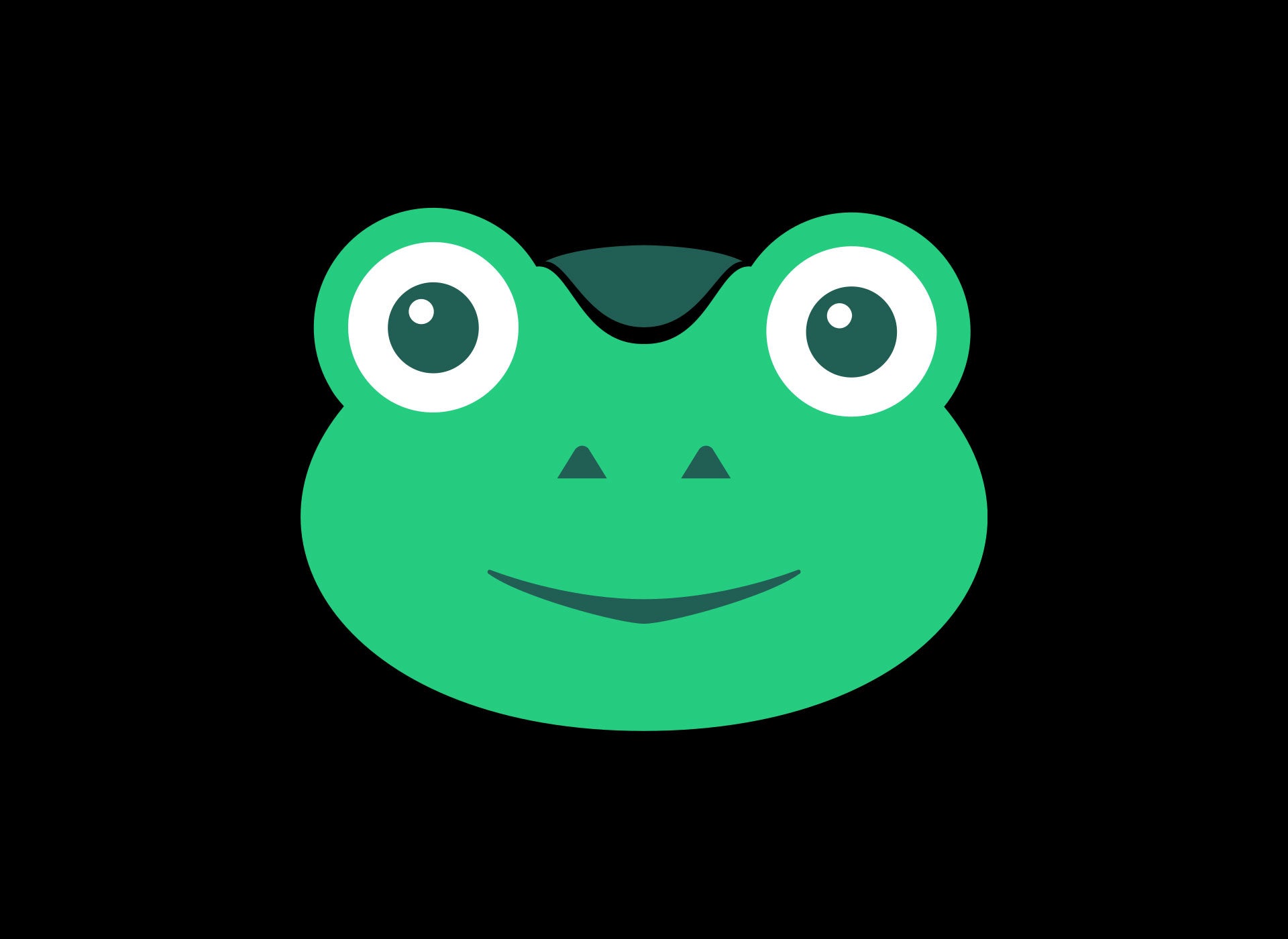
Alt-right-linked social media platform Gab has been found to show extreme social hierarchy and elitism among its users, when compared to Twitter, according to research published by online journal First Monday.
Conducted by researchers from Johns Hopkins University and George Washington University, the study compared analysis between Gab and Twitter, using millions of messages sent on the platforms between August 2016 and February 2018.
Since its inception, Gab has portrayed itself as a platform that “champion’s free speech, individual liberty and the free flow of information online”. But the platform has also been widely described as a ‘safe haven’ for extremists, such as white supremacists, neo-Nazis and the alt-right.
On the other hand, Twitter, one of the world’s most used social networks, has continued to heighten its implementation of bans on hateful conduct, such as the promotion of violence, which includes violence based on race, ethnicity, national origin, sexual orientation, gender, gender identity, religious affiliation, age, disability or serious disease.
The political interests of Gab social media users
The most discussed politics-related topic on Gab was ideology, religion and race at 10.23%. Trump, Clinton and conspiracies were the second most discussed politics-related topic at 5.1%.
In terms of the most shared content, research for Twitter found that the most retweeted posts are mainly from celebrities and entertainers, such as Ellen DeGeneres, BTS, Harry Styles and Zayn Malik. Some are also from political figures, including Barack Obama, Hillary Clinton and Donald Trump.
How well do you really know your competitors?
Access the most comprehensive Company Profiles on the market, powered by GlobalData. Save hours of research. Gain competitive edge.

Thank you!
Your download email will arrive shortly
Not ready to buy yet? Download a free sample
We are confident about the unique quality of our Company Profiles. However, we want you to make the most beneficial decision for your business, so we offer a free sample that you can download by submitting the below form
By GlobalDataIn contrast, Gab’s most shared content is mostly about politics and racial issues. Research found that nine of the top 50 shared messages of all time are about ideology, religion or race, while two are about Donald Trump and eight are specifically about Twitter’s supposed censorship of right-wing views and why Gab is a ‘superior platform.’
Content also included gun rights, Muslims, school shootings, the Anti-Defamation League and criticisms of European leaders, such as Theresa May and Angela Merkel.
“Content shared by Gab users reflects this structure. A large share of the site’s users is there for the purpose of engaging in political discussions and sharing politically-oriented news, largely to those with connections to the alt-right (such as Breitbart) or at minimum to conservative-leaning sites (such as Fox News),” wrote the study’s authors.
“While Gab is dominated by political topics, previous studies of Twitter have found that although tweets do include political topics, they are a small percentage compared to the wide variety of other topics discussed on the platform.
“This particular emphasis on sites that cater to the alt-right belies the argument of Gab’s founders that they are simply running a site for unlimited free expression with no political agenda.”
This focus on politics also played heavily into the elitism and social hierarchy the researchers identified.
“Although politics, race, and religion are certainly important topics in public discourse, they seem to dominate discussion on Gab to the relative exclusion of all others,” they wrote.
“Furthermore, users’ perspectives on these topics seem to be broadly consistent with those of the platform’s elites – individuals who routinely express positions associated with the American alt-right movement, white supremacy, antisemitism, Islamophobia and other forms of hate speech.
“Ironically, state-sponsored content from regimes widely considered to be autocratic, are also widely shared on Gab.”
Absence of regulation has no effect on Gab’s free speech stance
The overall findings suggested that Gab’s no-regulation policy did not lead to a more fair and inclusive conversation or to a free and open space of ideas, despite it proclaiming to.
“Although the absence of regulation seems to have led to the creation of a ‘safe space’ for these otherwise fringe opinions, other perspectives — even those on the opposite extremes — do not appear in any meaningful quantities. Thus, the data are consistent with the appearance of a strict social hierarchy that polices content through informal, rather than formal, means,” the study authors said.
“Absent explicit regulation, one might still expect the existence of elites; indeed, power-law dynamics are widespread across social networks. However, on other platforms, these elites act to promote deliberation and participation by users from a wide range of perspectives.
“On Gab, the data suggest the opposite – Gab’s structure reflects significantly more elitism, with a smaller number of super-users controlling a larger share of the ‘wealth’– i.e. attentional resources – of the platform’s constituency, with more homogeneity in the topics discussed. Rather than a free ‘marketplace of ideas’, Gab’s structure is that of an oligopoly.”
Read more: 8chan and the rabbit hole: Why driving extremism underground is vital to stopping it



